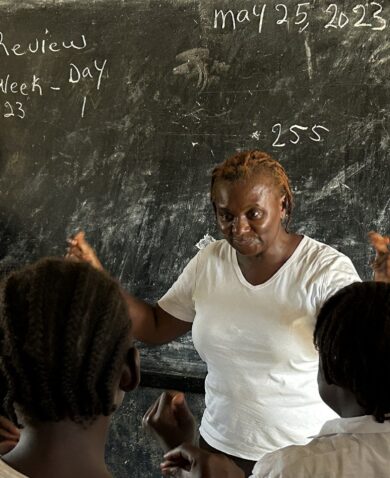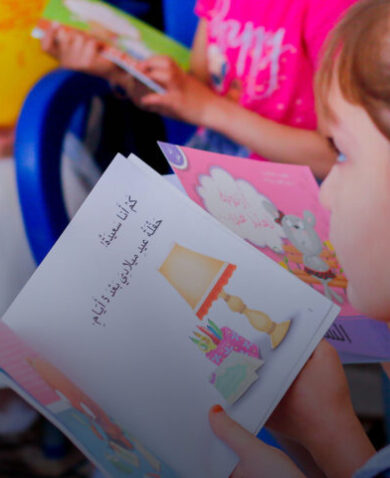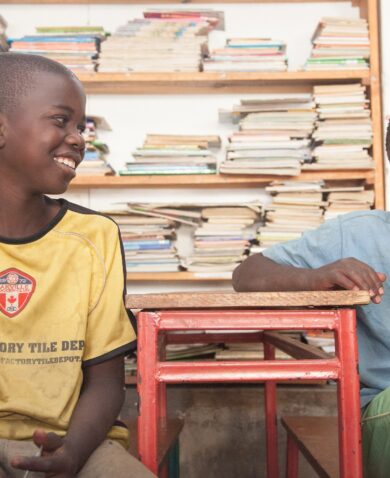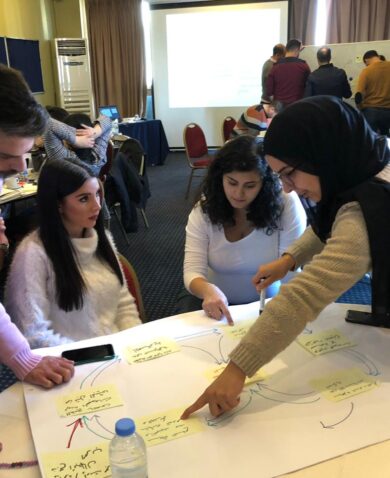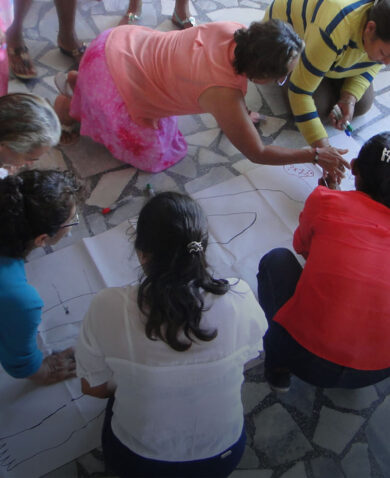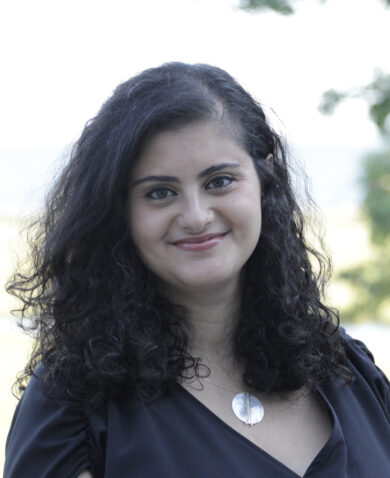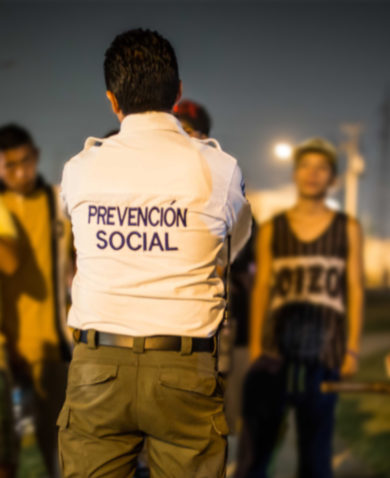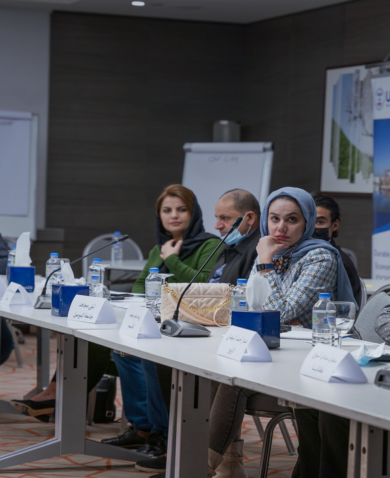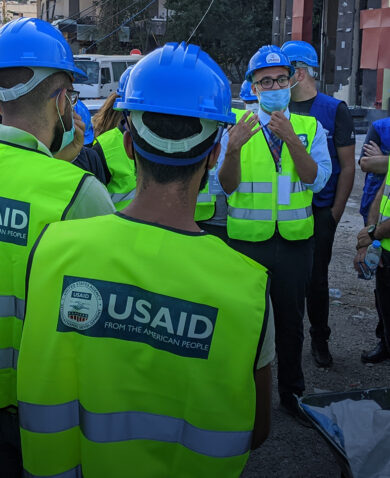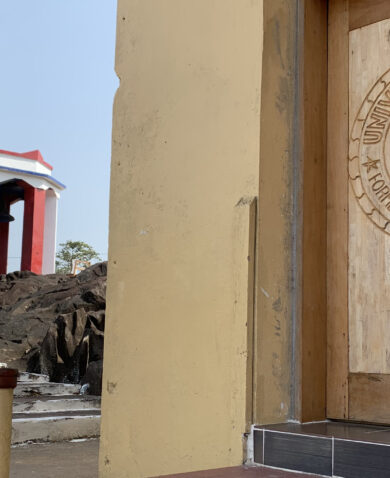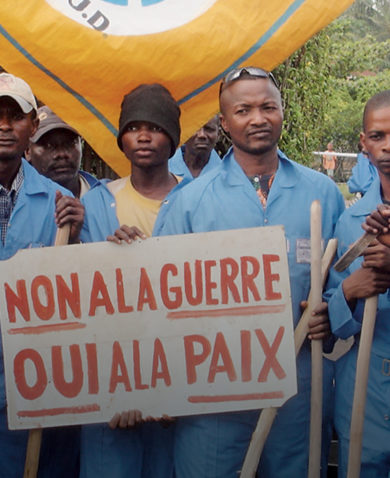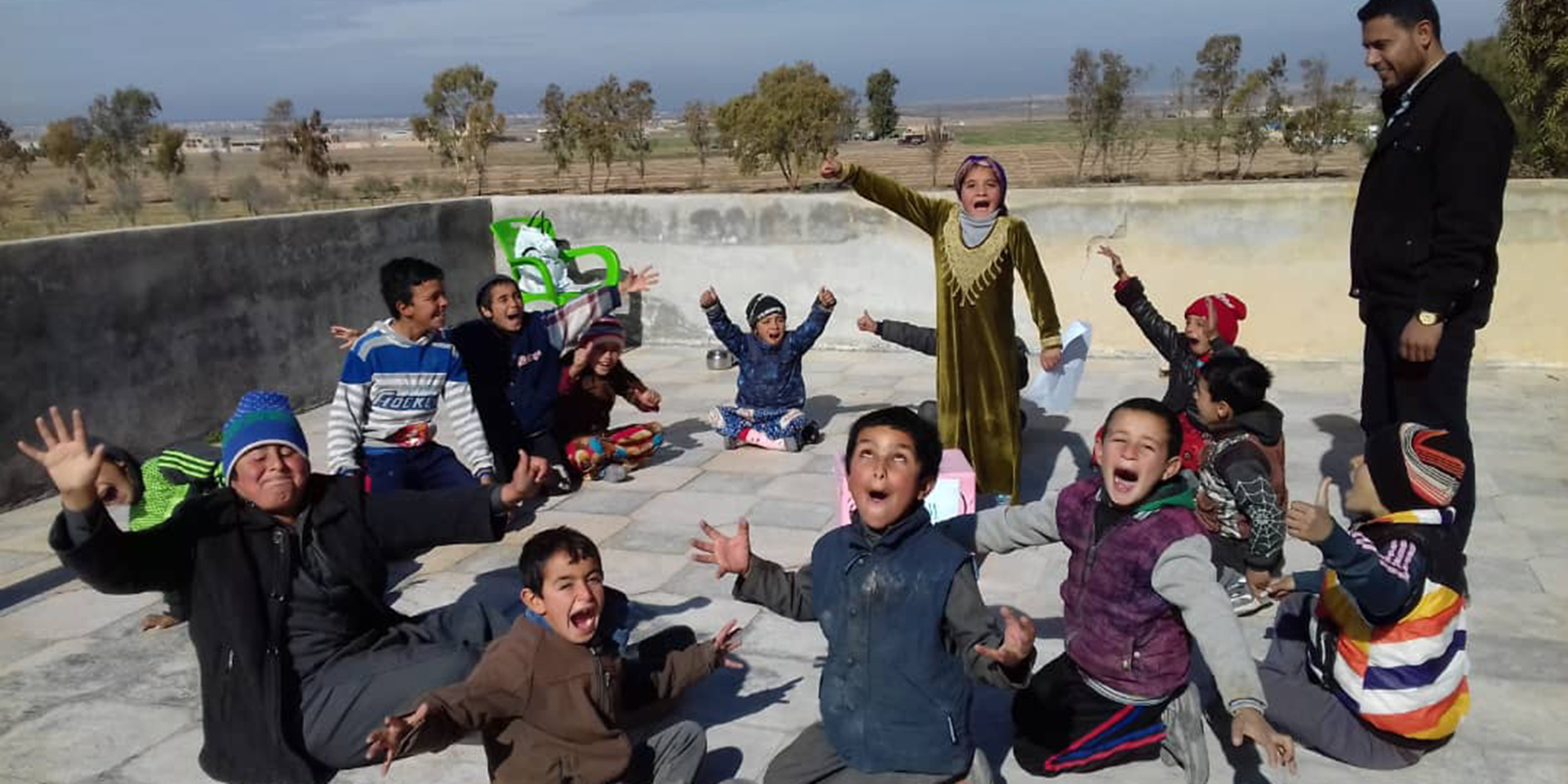
Psychosocial Support for Children Counters the Legacy of Violent Extremism in Syria
July 1, 2020 | 2 Minute ReadExposure to violent and radical ISIS ideologies has damaged Syrian children’s mental health. In areas touched by violent extremism, transforming classrooms into mental health positive spaces that deliver psychosocial support can kickstart the healing process.
This blog post originally appeared on Devex.com.
In northeast Syria, the Islamic State and other armed actors have profoundly damaged children’s psychological, social, and academic growth. Exposure to extremist ideology and violence-infused schooling has left these children among the most vulnerable to the pull of extremist groups.
Growing up in ISIS-held territories, young Syrians have lived through traumatic experiences, and may have been forced to participate in violent acts. Subsequently, many children have become desensitized to violence and developed symptoms of post-traumatic stress disorder, or PTSD. As a result, conflict-affected children urgently need mental health support,
The children of ISIS fighters often live in isolated annexes of internally displaced persons camps or have been released into their communities of origin. They remain separated, often hidden from the rest of the population out of fear of retribution and discrimination. ISIS narratives were based on instilling fear and ruling through violence. These messages sought to reduce the influence of local leaders. People in receiving communities still perceive children of ISIS fighters to be radicalized and violent, considering them a danger to society.
Stigmatized children living in fractured post-conflict communities are often some of the furthest from support yet if Syrian children’s psychological scars are left untreated, they will struggle to progress and develop in later life. To access these hard-to-reach children, Syria’s education systems should integrate mental health support into the everyday curriculum.
Chemonics’ work — embedding psychosocial support within schools’ day-to-day curricula benefits children’s mental health — in northeastern Syria over the last three years has yielded promising results. A recent evaluation comparing students who received psychosocial support with those who did not receive revealed that psychosocial support improved children’s ability to manage anxiety and depression, practice self-care and pro-social behaviors, and helped restore student’s hope for the future. Through this work, these are the methods Chemonics has identified as successful ways of reaching children affected by violent extremism with psychosocial support. Read the full blog post on the Devex news site.
*Banner photo caption: A teacher provides psychosocial support to children in northeastern Syria.
Posts on the blog represent the views of the authors and do not necessarily represent the views of Chemonics.





















